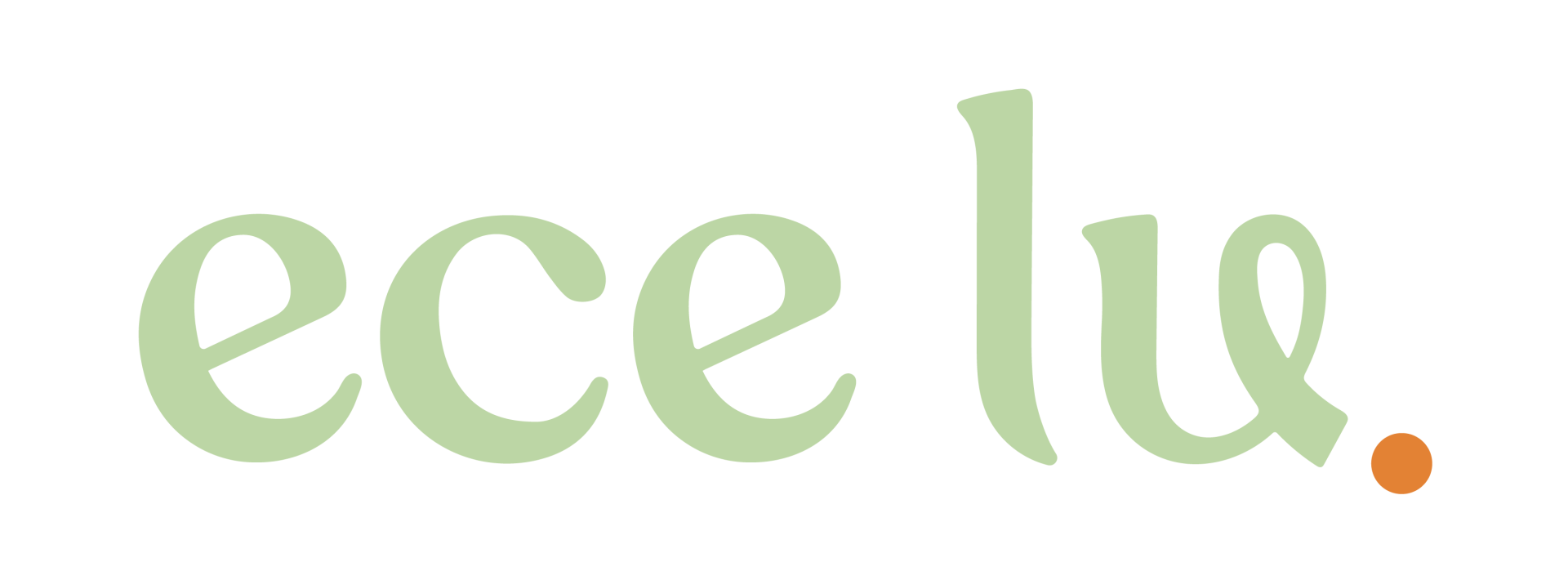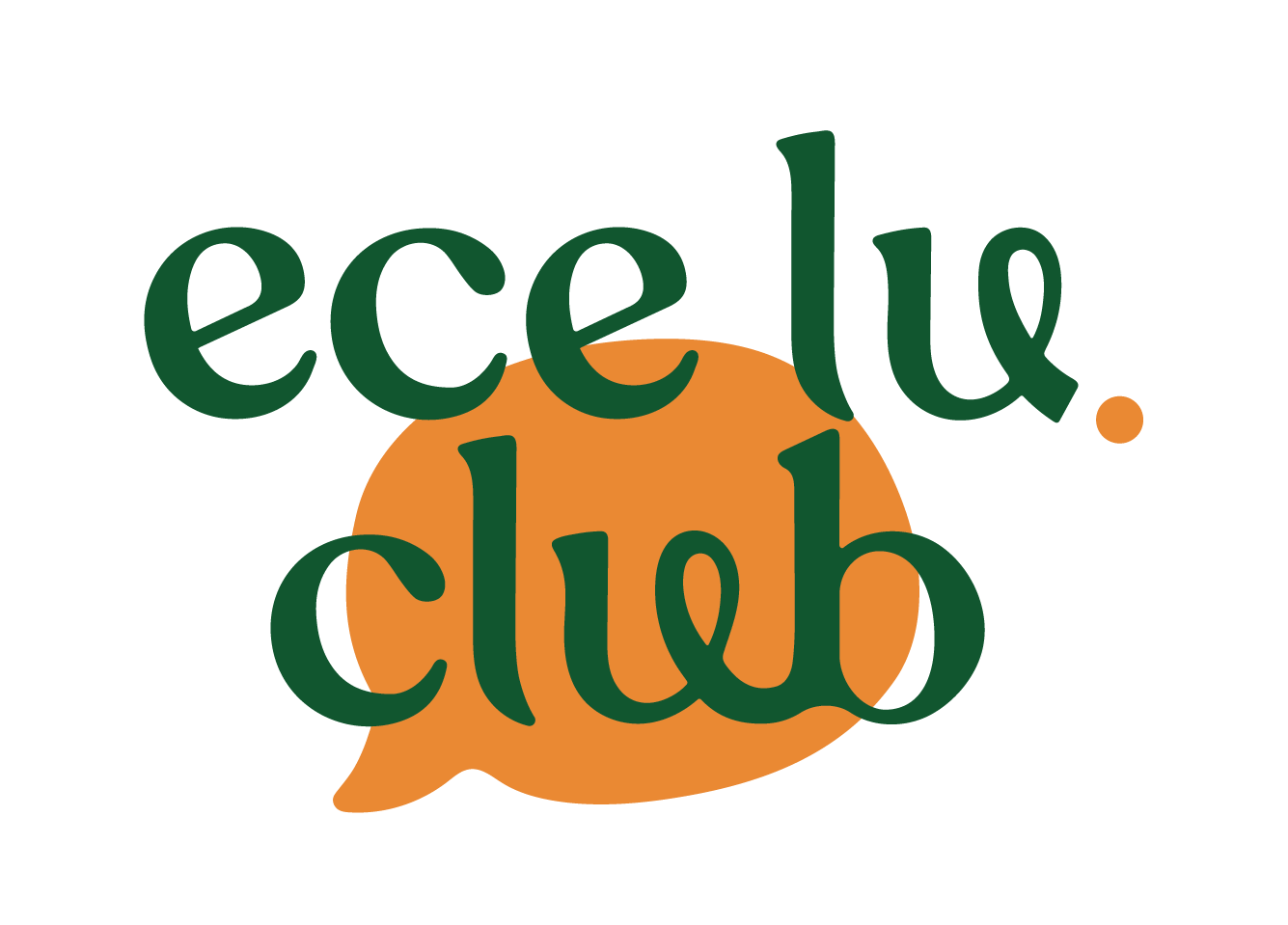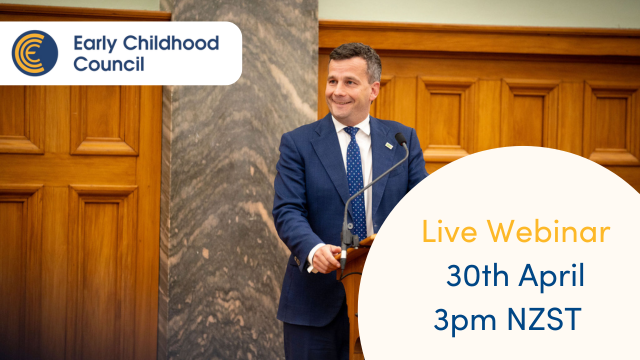Planning for Infants and Toddlers in Group Care
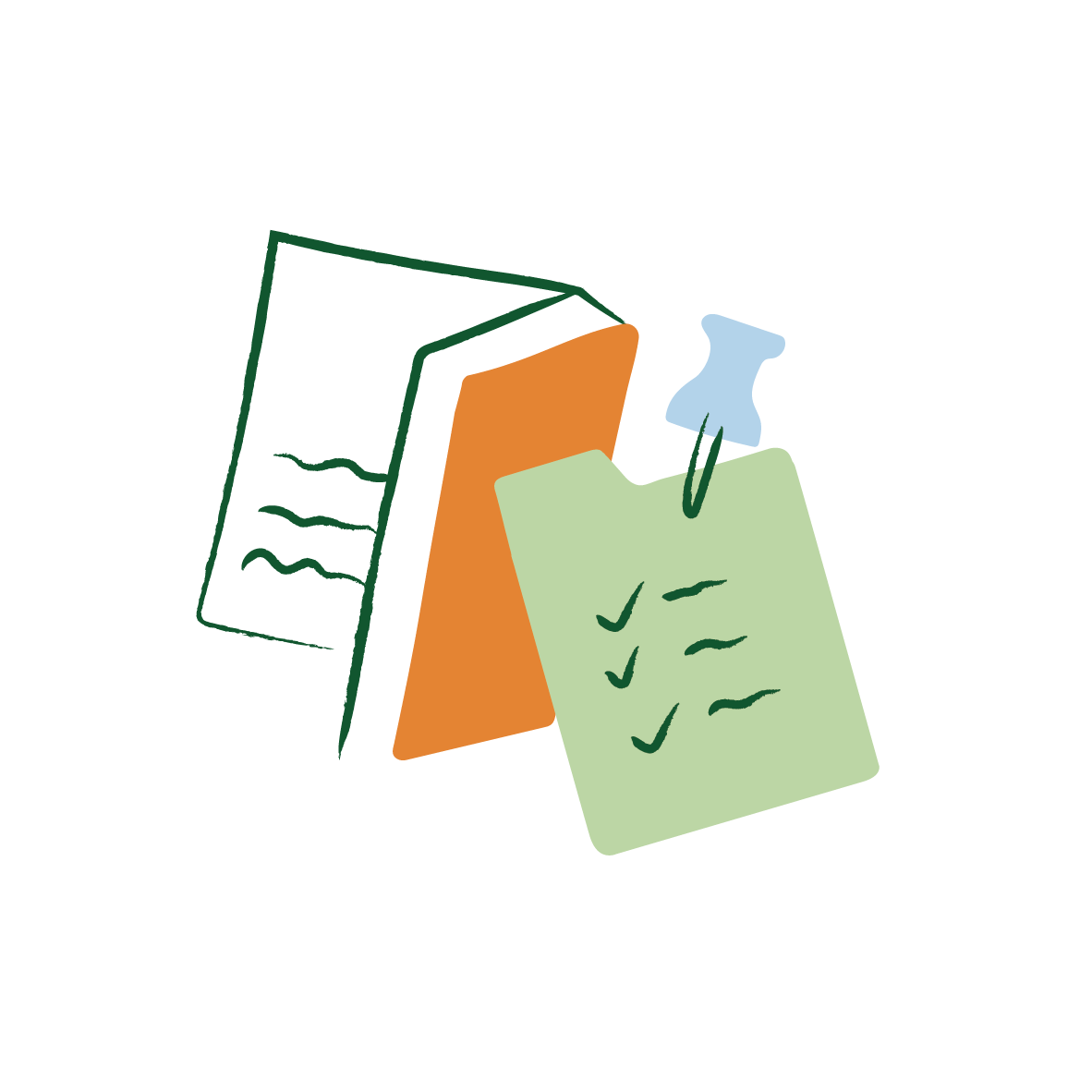
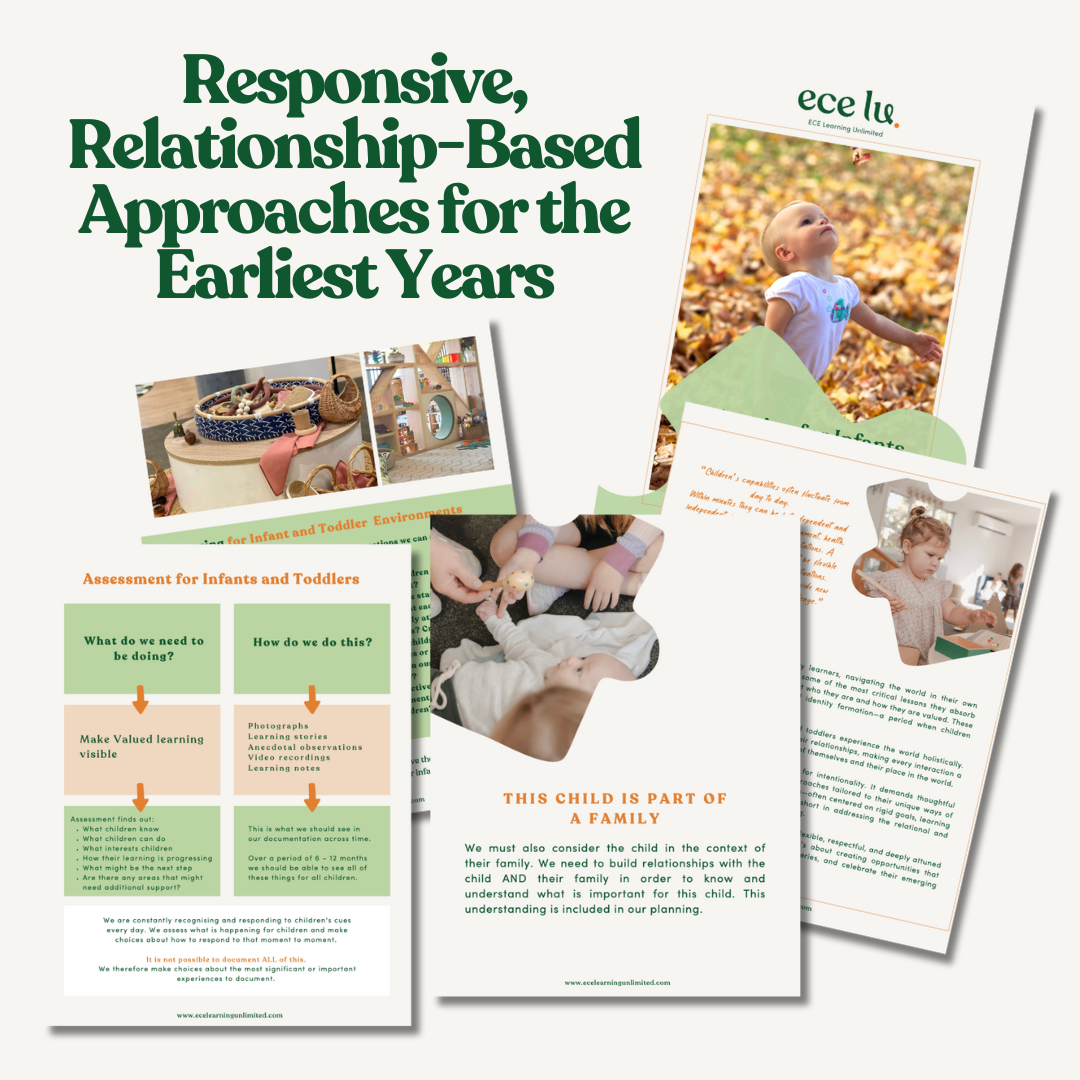
Created By
What will you learn?
The Heart of Infant and Toddler Learning
Infants and toddlers are extraordinary learners, exploring and discovering the world in ways that are entirely their own. During this critical time, they are not just learning skills but shaping their understanding of who they are and how they are valued.
The first two years of life are foundational for developing a “sense of self” — the core of their identity. Unlike older children, infants and toddlers experience the world holistically, and their learning is deeply interconnected with the relationships they form. Every interaction, every moment of care, contributes to this identity-building process, leaving a lasting imprint.
This period requires something beyond conventional planning: it calls for intentional, responsive, and relationship-based approaches to creating spaces, experiences, and interactions that nurture their development.
Why Planning for Infants and Toddlers is Different
Planning for this age group is not about rigid schedules, pre-determined outcomes, or structured lesson plans. Instead, it’s about:
- Tuning into the child: Observing and understanding their cues, rhythms, and interests.
- Emphasising relationships: Recognising that learning happens through the quality of interactions.
- Being responsive: Adapting plans in real time to meet the needs of each unique child.
What This E-Book Offers
This resource is designed to challenge and provoke your thinking about planning for infants and toddlers. It invites you to:
- Examine the language and concepts we use when planning for this age group.
- Reflect on what we, as educators, are observing, documenting, and focusing on in our planning.
- Explore how planning can align with the ways infants and toddlers naturally learn and develop.
Want to learn more about Infants and Toddlers?

